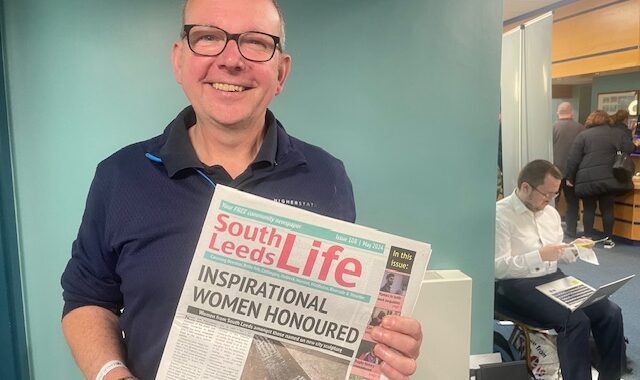Taking the education world by storm, there are over 5 million people worldwide studying a Massive Open Online Course right now. Developed as a way of opening access, free of charge, to expertise from leading universities, MOOCs are also becoming key tools for engagement and reputation building. Still in the growth stage, this kind of on-line course is the subject of experimentation and evaluation – not least in terms of communications and relationship building benefit.
Cardiff University’s Centre for Community Journalism, established last year as a fusion of research, outreach and support for this emerging media sector, is founded on the principles of openness and engagement. Sharing knowledge, skills and insights gained at the School of Journalism, Media and Cultural Studies – a leading center for post-graduate journalism training and comms and PR education – to non traditional audiences is really important to us. We already share good practice and innovation with a growing network of hyper local journalists feeding through research results developed from working with this very network. And, we were planning to offer a free suite of training tools and tips on line. So, we jumped at the opportunity to develop a MOOC on the new UK platform FutureLearn when Cardiff University signed up at the back end of last year.
On 14 April the Community Journalism course goes live. Over five weeks you can learn to develop an audience and gather content; build your own digital channels for publication; engage, moderate and verify; know the basics of good, legal journalism, and more. Everything, in fact, to create, run or improve an on line publication for a local community or a community of interest. And a lot too that will provide insight and evidence about what is driving this independent local publishing sector and where it’s all going.
Our educators and contributors, led by Prof Richard Sambrook, former Head of BBC World Wide and BBC News, include leading practitioners and academics as well as people who are successfully running their own local services.
Still at final edit stage, a few things already stand out for me as a communications professional.
We have had to appeal to a broad audience and make this course as practical and accessible as possible.
However, we have also been very specific about targeting a global community of hyper local journalists with whom we want to build a long-term relationship though our digital networks and have made it easy for them to stay with us though other channels. Early indications are that just under half of our learners will be international.
We have built in opportunities for engagement and moderation and are preparing to be responsive to learners whilst not getting bogged down in individual issues. After all, this is a field where iterations and engagement is key.
Much of what we have created will be used again and offered to our community and through other networks. For example, the tutorials on setting up a WordPress site or on verification make excellent stand-alone content.
This has been an opportunity to engage leading experts and influencers in working with us to share knowledge. We have been inclusive and generous with our own knowledge rather than hoarding it.
The first phase of publicity for the course reached and audience of about 250,000, including influencers and practitioners. This will be hugely increased over the next few weeks and months.
There is risk associated in not knowing exactly who your audience is going to be and in their having such a broad range of skills and experiences.
As well as delivering learning to others we are learning ourselves.
It’s a lot of work so has to have a lot of benefits and applications. We were lucky to have an ex BBC social media producer and editor as one of our core educators. Not everyone has an Emma Meese so be sure what resources and skills you need before you start.
Finally, having seen everything from start to finish, the content is also spot on for Communications professionals, community engagement organisations and many others too. So, enjoy and get MOOCing.
The Community Journalism MOOC goes live on 14 April – you can learn more and sign up here.
Sara Moseley is Distinguished Visiting Fellow at Cardiff University and former Director of Communications for the Welsh Government. She played a leading role in developing the Community Journalism MOOC and in setting up the Centre for Community Journalism. She is an educator on the program.
This article was originally published on Comms2Point0. Read the original article here.




